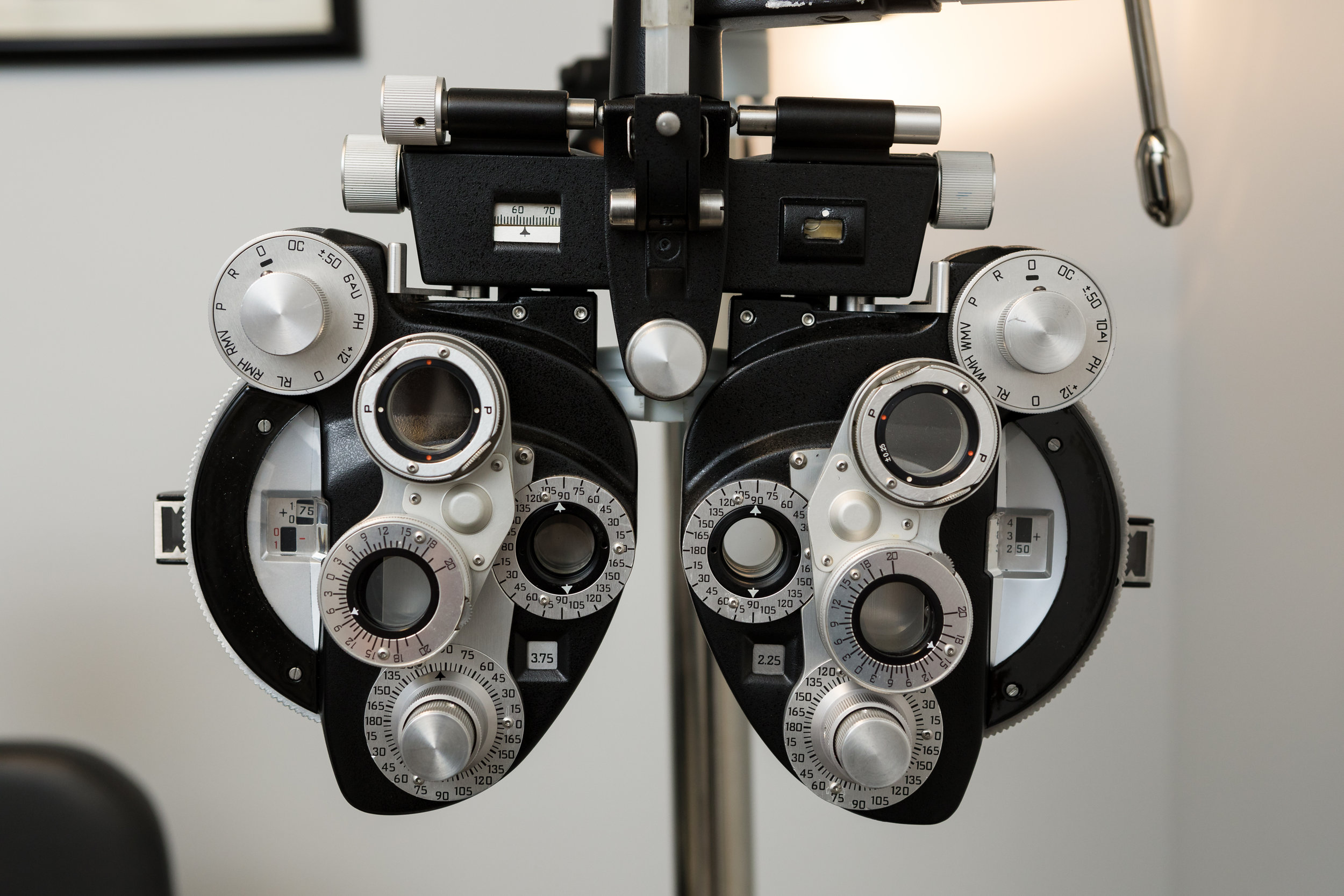Common Questions:
-
Eye exams helps detect eye problems at their earliest stage — when they’re most treatable. Regular eye exams give your eye care professional a chance to help you correct or adapt to vision changes and provide you with tips on caring for your eyes.
-
Several factors may determine how frequently you need an eye exam, including your age, health and risk of developing eye problems. General guidelines are as follows:
Children 5 years and younger. For children under 3, your pediatrician will likely look for the most common eye problems — lazy eye, crossed eyes or turned-out eyes. Depending on your child’s willingness to cooperate, he or she could undergo a more-comprehensive eye exam between the ages of 3 and 5.
School-age children and adolescents. Have your child’s vision checked before he or she enters first grade. If your child has no symptoms of vision problems and no family history of vision problems, have his or her vision rechecked every one to two years. Otherwise, schedule eye exams based on the advice of your eye doctor.
-
Three kinds of eye specialists may perform an eye exam:
Ophthalmologists. Ophthalmologists are medical doctors who provide full eye care, such as giving you a complete eye exam, prescribing corrective lenses, diagnosing and treating complex eye diseases, and performing eye surgery.
Optometrists. Optometrists provide many of the same services as ophthalmologists, such as evaluating your vision, prescribing corrective lenses, diagnosing common eye disorders and treating selected eye diseases with drugs. If you have a complex eye problem or need surgery, your doctor can refer you to an ophthalmologist.
Opticians. Opticians fill prescriptions for eyeglasses, including assembling, fitting and selling them. Some opticians also sell contact lenses.



